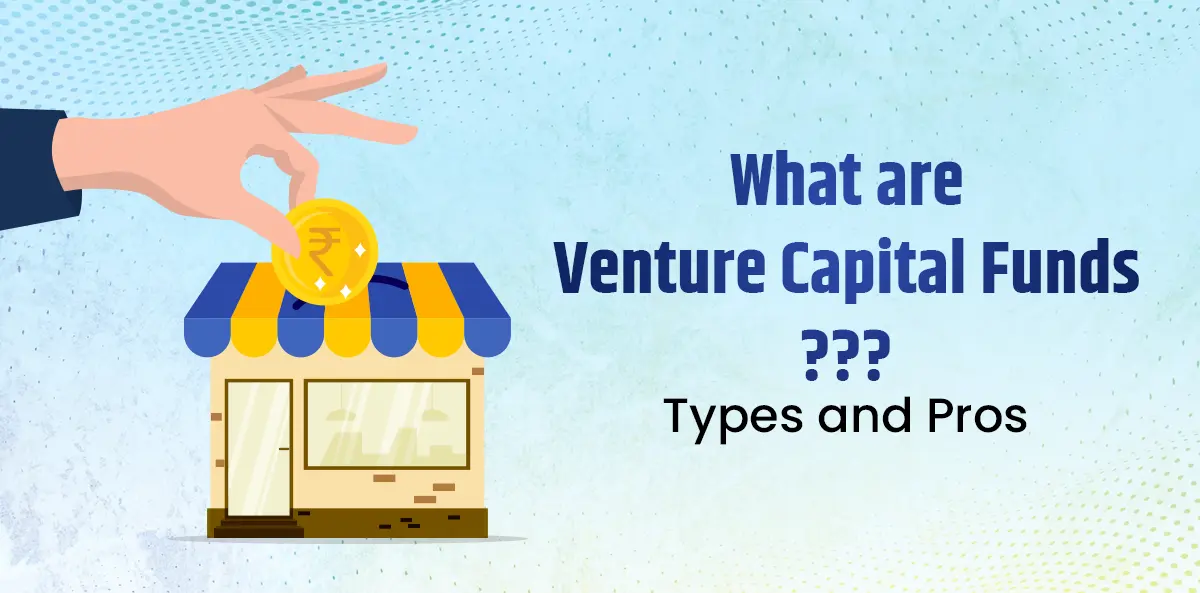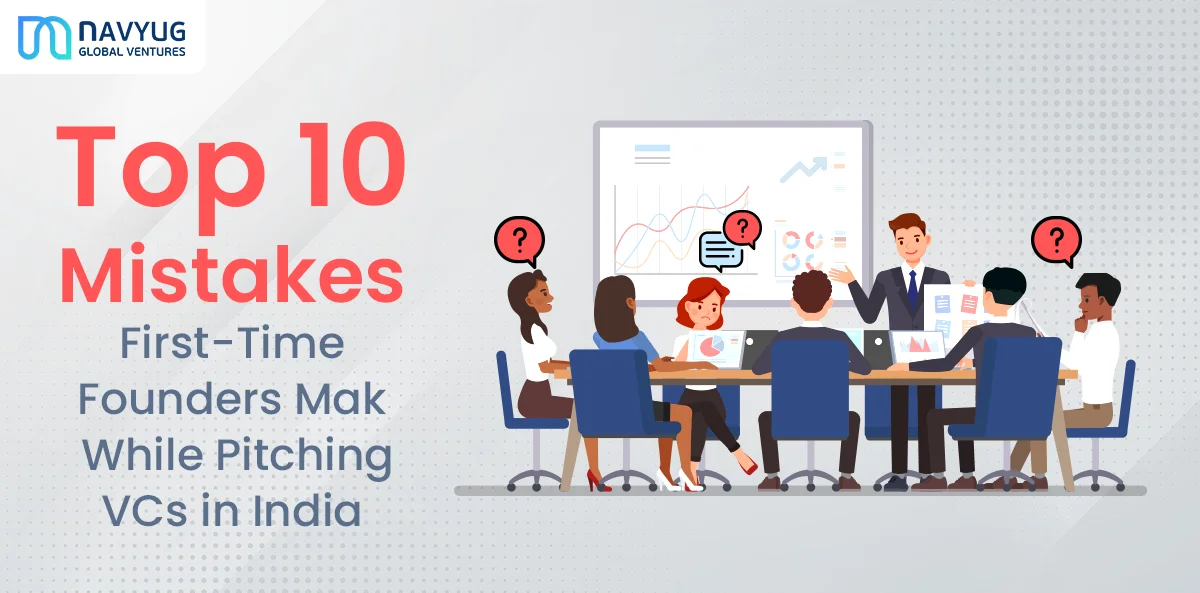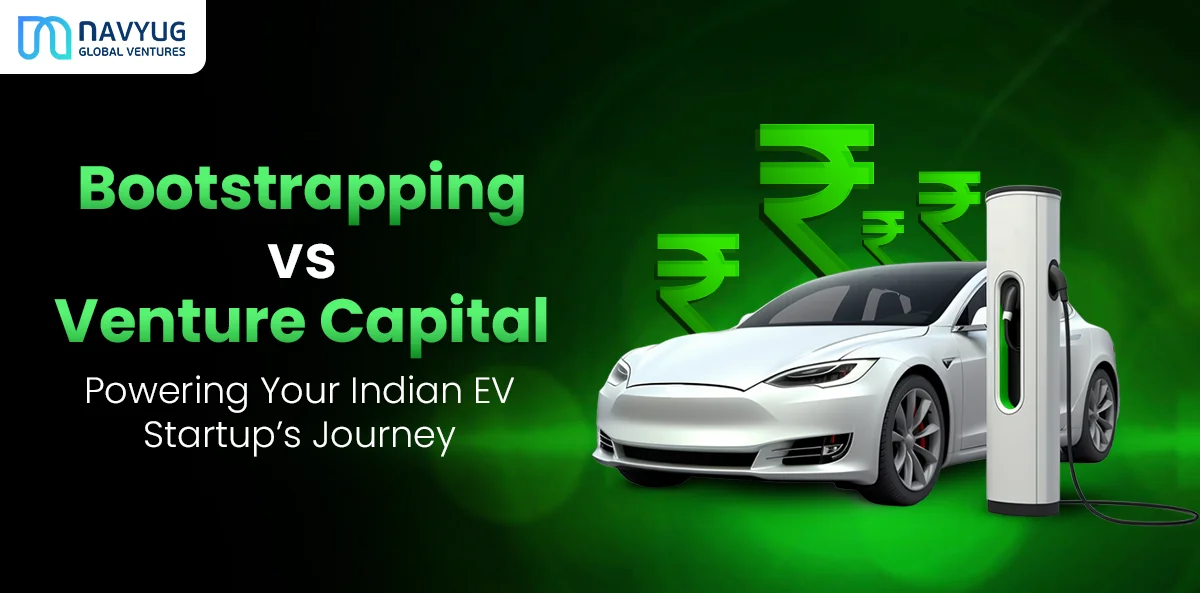What Are Venture Capital Funds?
Venture capital funds are investment pools that collect money from investors who want to put money into startups and small to medium-sized companies with high growth potential. These types of investments usually come with high risks but also the possibility of high rewards.
In the past, only professional venture capitalists could access these investments. Today, accredited investors can also participate, but venture capital funds are still not widely available to regular investors.
Roles in a Venture Capital Company
Here are some common roles in a venture capital firm:
- General Partners: They make all the investment decisions for the fund and usually invest their own money into it.
- Venture Partners: They find investment opportunities and earn money based on the deals they close.
- Principals: They are mid-level professionals focused on investments, often with experience in investment banking or related fields.
- Associates: They are junior staff members with some experience in investment banking or management consulting.
- Entrepreneur-in-Residence: These are industry experts hired temporarily to help with research, evaluations, or pitching new startup ideas.
How Does a Venture Capital Fund Work?
Venture capital funds are a way for entrepreneurs and small business owners to get financing. These funds focus on investing in companies with strong growth potential and the chance for high returns in the future. Since these investments are in new ventures, they come with higher risks.
To manage this risk, venture capital funds invest in multiple companies. The idea is that a few of these investments will perform well enough to cover any losses from the others.
What Does a Venture Capital Firm Do?
A venture capital firm looks for investment opportunities that can bring in high returns. It manages the fund and also invests its own money to show commitment to its clients.In exchange for their investment, a venture capital firm might ask for a board seat at the company. They also provide guidance and advice to help manage the company better.
| Position | Roles and Responsibilities |
| Associates | Entry-level employees with experience in management consulting or investment banking. Tasks include contract reviews, financial analysis, and valuation. Roles are decided by the firm. |
| Principals | Senior-level staff who can make investment decisions but require approval from higher-ups. They report to venture partners (VPs). Roles and responsibilities can vary. |
| Venture Partners (VPs) | Partners who manage daily activities and source new investment opportunities. They may be paid based on the deals they bring in. VPs report to general partners (GPs). |
| General Partners (GPs) | Heads of the firm who invest their own money alongside investors and make the final investment decisions. GPs oversee the overall investment strategy and decisions. |
Types of Venture Capital Funds
| Type | Definition |
| Early-Stage Funding | Funds invested to help a company establish itself and start operations. It includes: |
| – Seed Funding | A small amount to help a business qualify for a loan. |
| – Start-Up Funding | Provided to help companies develop their products or services. |
| – First-Stage Funding | Given to companies that need funds to start their operations. |
| Expansion Funding | Funds provided to companies as they expand their operations. It includes: |
| – Second-Stage Funding | Offered to firms beginning their expansion efforts. |
| – Bridge Funding | Immediate financing to cover short-term needs until long-term funding is available. |
| – Mezzanine Funding | Aids companies during mergers and acquisitions. |
| Acquisition Funding | Funds to help firms acquire parts of or entire businesses. It includes: |
| – Acquisition Funding | Provided to help firms acquire specific areas of another business. |
| – Management or Leveraged Buyout Funding | Assists in acquiring another company or product. |
Pros of Venture Capital Companies
| Pros | Description |
| No Repayment Obligation | Unlike bank loans, companies do not need to repay the investment if the business fails. |
| No Repayment if Failure Occurs | Entrepreneurs are not required to repay the funds if the company does not succeed, which is a common issue with bank loans. |
| Access to a Broad Network | VCFs provide connections for marketing and promotion, helping startups establish themselves. |
| Rapid Expansion | VCFs can support quick and significant growth, which may not be possible with other types of funding. |
| Expertise and Guidance | VCFs offer valuable experience in human resource management, financial management, and business decisions. |
The Life Cycle of a Venture Capital Fund
- Capital-Raising Period: The venture capital firm begins by seeking investors to contribute to the new fund. This process can take several months or even years, depending on the firm’s reputation, market conditions, and fund strategy. Once the desired amount of capital is raised, the fund is closed to new investors.
- Investment Period: Following the capital-raising phase, the fund enters a three- to five-year period where the capital is allocated to various investment companies. During this time, the fund manager builds the portfolio and supports the investment firms to increase the chances of successful exits.
- Lifecycle End: The total life cycle of the fund typically spans seven to ten years. It starts when the fund is closed and ends when all investments have been exited and the profits are redistributed to the investors.
Best Venture Capital Company – Navyug Global
Navyug Global Ventures, based in Chennai, India, is a leading venture capital company known for its strategic investments in high-growth potential companies. With a strong track record and deep industry connections, Navyug Global excels in guiding startups and emerging businesses through every stage of their development.
Capital-Raising Period: Navyug Global Ventures actively seeks and attracts investors for its funds, leveraging its reputation and market insights to secure the necessary capital. The company’s thorough approach ensures that it meets its funding targets and is well-positioned to close the fund to new investors once the goals are achieved.
Investment Period: During the investment period, Navyug Global Ventures deploys its capital across a diverse range of promising startups. The firm’s expertise and resources help portfolio companies grow and succeed, maximizing their potential for profitable exits.
Lifecycle End: Navyug Global Ventures manages the entire lifecycle of its funds with precision, from the initial capital-raising to the final distribution of profits. The firm’s focus on strategic investments and active portfolio management helps ensure successful outcomes and returns for its investors.
Navyug Global Ventures remains at the forefront of the venture capital industry, continually fostering innovation and supporting the growth of businesses in India and beyond.




